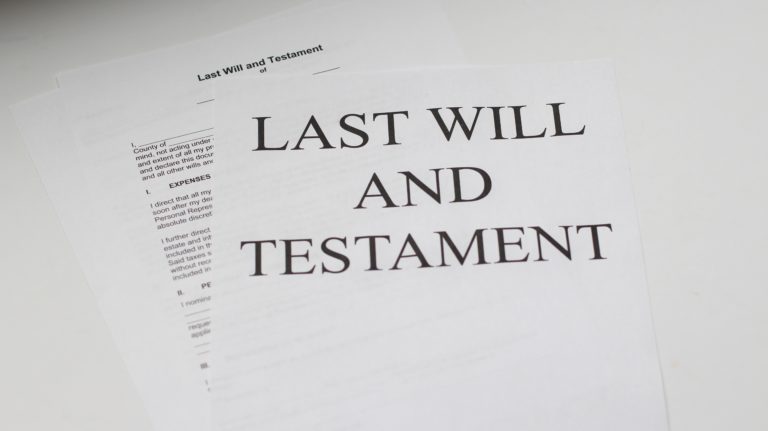
What Happens When a Will Is Challenged?
What happens when estate planning doesn’t go according to plan? A last will and testament is a legally binding contract that determines who will get a person’s assets. However, according to the article “Can you prevent someone from challenging your will?” in the Augusta Free Press, it is possible for someone to bring a legal challenge.
Most will contests are centered around five key reasons:
- The deceased had a more recent will.
- The will was not signed voluntarily.
- The deceased was incapacitated, when she signed the will.
- The will was not signed in front of the right number of witnesses.
- The will was signed under some kind of duress or mental impairment.
What is the best way to lessen the chances of someone challenging your will? Take certain steps when the will is created, including:
Be sure your will is created by an estate planning attorney. Just writing your wishes on a piece of paper and signing and dating the paper is not the way to go. Certain qualifications must be met, which they vary by state. In some states, one witness is enough for a will to be properly executed. In others, there must be two and they can’t be beneficiaries.
The will must state the names of the intended beneficiaries. If you want someone specific to be excluded, you’ll have to state their name and that you want them to be excluded. A will should also name a guardian, if your children are minors. It should also contain the name of an alternate executor, in case the primary executor predeceases you or cannot serve.
What about video wills? First, make a proper paper will. If you feel the need to be creative, make a video. In many states, a video will is not considered to be valid. A video can also become confusing, especially if what you say in the paper will is not exactly the same as what’s in the video. Discrepancies can lead to will contests.
Don’t count on those free templates. Downloading a form from a website seems like a simple solution, but some of the templates online are not up to date. They also might not reflect the laws in your state. If you own property, or your estate is complex, a downloaded form could create confusion and lead to family battles.
Tell your executor where your will is kept. If no one can find your will, people you may have wanted to exclude from your estate will have a better chance of succeeding in a will challenge. You should also tell your executor about any trusts, insurance policies and any assets that are not listed in the will.
Don’t expect that everything will go as you planned. Prepare for things to go sideways, to protect your loved ones. It is costly, time-consuming and stressful to bring an estate challenge, but the same is true on the receiving end. If you want your beneficiaries to receive the assets you intend for them, a good estate planning attorney is the right way to go.
Reference: Augusta Free Press (July 12, 2020) “Can you prevent someone from challenging your will?”

